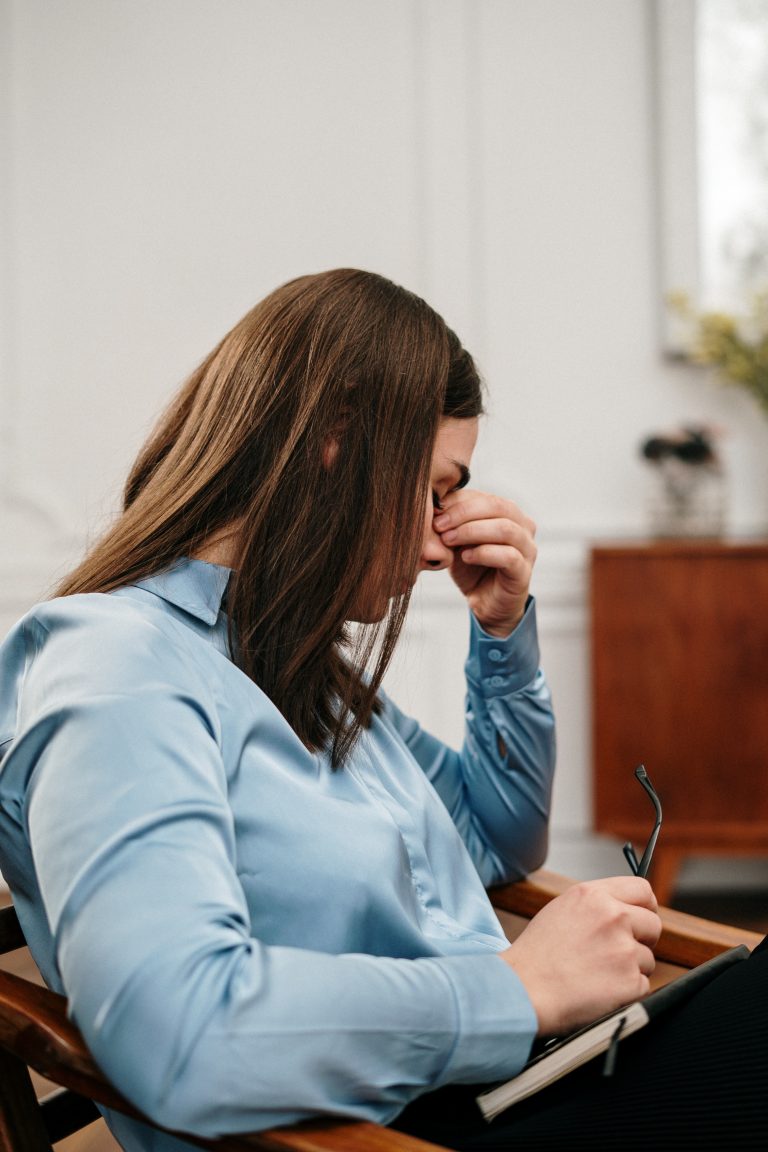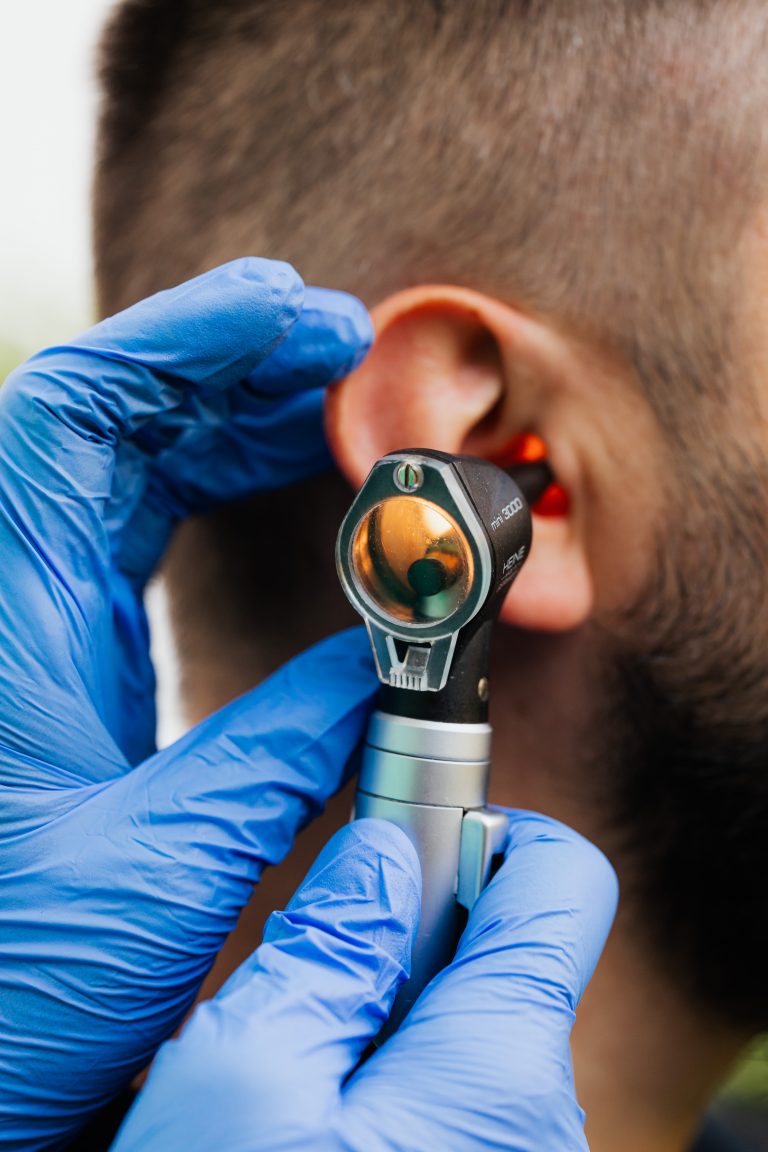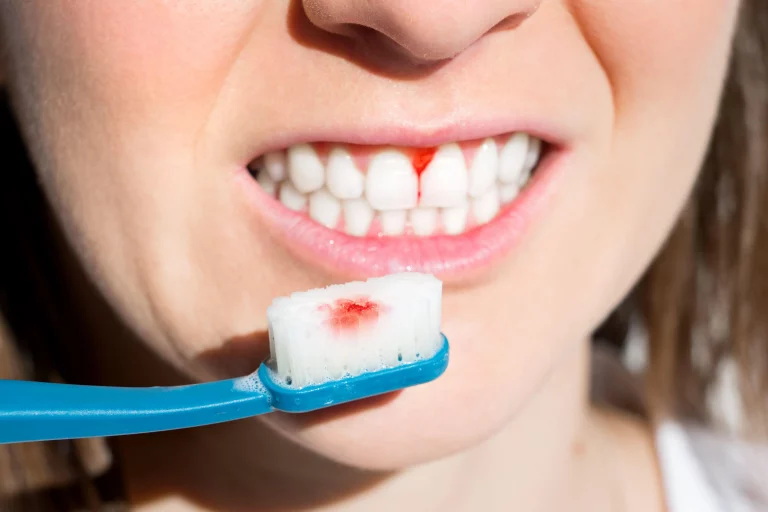Sneezing: Causes, Remedies, and Facts You Should Know
Sneezing, an involuntary reflex that expels air from the nose and mouth, is a common occurrence that can be triggered by various factors. While sneezing is usually harmless, it can be disruptive and uncomfortable. In this comprehensive article, we will explore the causes of sneezing, provide insights into remedies, and share interesting facts about this reflex. Understanding the triggers and finding effective solutions can help you manage sneezing and alleviate discomfort.
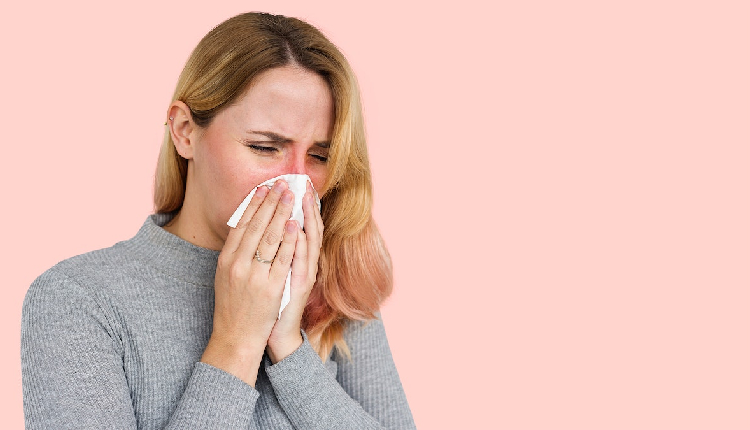
Causes of Sneezing
1. Allergies
Allergic reactions to substances like pollen, dust mites, pet dander, or certain foods can cause sneezing. These allergens trigger the release of histamines, leading to nasal irritation and sneezing.
2. Common Cold
Sneezing is a common symptom of the common cold, which is caused by viral infections. The body’s immune response to the virus can result in sneezing to help expel the irritants.
3. Irritants
Various irritants, such as strong odors, smoke, pollutants, or chemicals, can stimulate the nasal passages and trigger sneezing as a protective mechanism.
4. Nasal Irritation
Conditions like rhinitis, sinusitis, or nasal congestion can cause sneezing due to inflammation and irritation of the nasal tissues.
5. Temperature Changes
Sudden temperature changes, particularly exposure to cold air, can lead to sneezing in some individuals.
Natural Remedies for Sneezing
1. Steam Inhalation
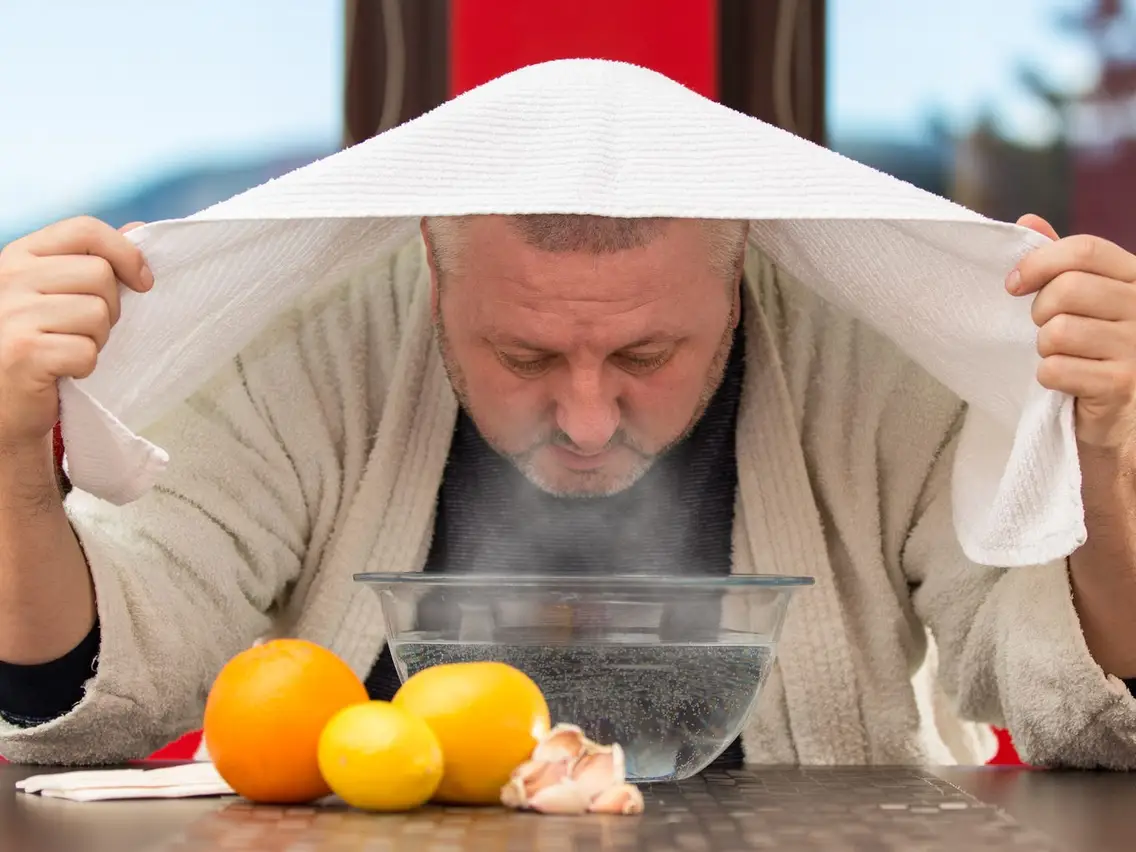
One effective remedy for sneezing is steam inhalation. Fill a bowl with hot water, place a towel over your head, and inhale the steam. This helps to moisturize nasal passages and alleviate irritation, reducing sneezing episodes. Add a few drops of essential oils like eucalyptus or peppermint for added benefits.
2. Nasal Irrigation
Nasal irrigation using a neti pot or saline nasal spray can provide relief from sneezing caused by allergies or nasal congestion. This technique involves flushing out allergens, irritants, and excess mucus from the nasal passages, promoting clear breathing and reducing sneezing frequency.
3. Honey
Honey has natural antihistamine properties that can help combat sneezing caused by allergies. Consuming a teaspoon of raw, locally sourced honey daily can gradually reduce sensitivity to allergens and provide relief from sneezing. However, avoid giving honey to children under the age of one.
4. Quercetin-Rich Foods
Quercetin is a natural compound found in certain foods like onions, apples, berries, and citrus fruits. It possesses anti-inflammatory and antihistamine properties that can help alleviate sneezing associated with allergies. Incorporate these foods into your diet to reduce sneezing and allergic reactions.
5. Herbal Teas
Certain herbal teas, such as chamomile, peppermint, or ginger tea, have soothing properties that can help reduce sneezing. These teas can alleviate nasal congestion, calm inflammation, and promote overall respiratory health. Enjoy a warm cup of herbal tea to find relief from sneezing.
6. Clean Indoor Environment
Creating a clean indoor environment is essential to minimize sneezing triggers. Regularly dust and vacuum your living space, wash bedding in hot water and use allergen-proof covers on pillows and mattresses. This helps reduce exposure to allergens like dust mites and pet dander, reducing sneezing episodes.
7. Vitamin C
Boosting your immune system with vitamin C can help reduce sneezing caused by colds or infections. Consume vitamin C-rich foods like citrus fruits, berries, bell peppers, and leafy greens. Alternatively, consider taking a vitamin C supplement to support your immune system and alleviate sneezing symptoms.
8. Probiotics
A healthy gut microbiome plays a crucial role in supporting overall immune function. Incorporating probiotic-rich foods like yogurt, kefir, sauerkraut, and kimchi can help restore the balance of beneficial bacteria in your gut, reducing sneezing caused by an overactive immune response.
9. Nasal Breathing Exercises
Certain breathing exercises, such as alternate nostril breathing or deep diaphragmatic breathing, can help calm the nervous system and reduce sneezing. Practice these exercises regularly to improve respiratory function and decrease sneezing episodes.
10. Peppermint Oil
The aroma of peppermint oil has a cooling effect and can help relieve nasal congestion and sneezing. Dilute a few drops of peppermint oil in a carrier oil and gently massage it on your chest or inhale the scent for instant relief. However, exercise caution and avoid direct contact with sensitive areas.
11. Turmeric
Turmeric contains curcumin, a compound with potent anti-inflammatory properties. Incorporate turmeric into your diet by adding it to warm milk or including it in your cooking. Its anti-inflammatory effects can help reduce sneezing associated with allergies or inflammation.
12. Acupressure
Applying pressure to specific acupressure points on your face and body can provide relief from sneezing. Gently massage the area between your eyebrows, the sides of your nostrils, or the base of your skull to help alleviate sneezing and nasal congestion.
13. Garlic
Garlic has natural antimicrobial and anti-inflammatory properties that can help reduce sneezing caused by infections or allergies. Incorporate garlic into your meals or consume it raw for maximum benefits. However, consult with a healthcare professional if you have any underlying health conditions or are taking medication.
14. Stay Hydrated
Drinking an adequate amount of water throughout the day helps keep your respiratory passages moist, reducing sneezing caused by dryness or irritation. Aim to drink at least eight glasses of water daily to stay hydrated and minimize sneezing episodes.
15. Aromatherapy with Eucalyptus
Eucalyptus essential oil has decongestant and anti-inflammatory properties that can help alleviate sneezing. Add a few drops of eucalyptus oil to a diffuser or inhale it directly from the bottle to clear your airways and reduce sneezing.
More Remedies for Sneezing Allergies
1. Over-the-Counter Medications
Antihistamines and decongestants can provide relief from sneezing caused by allergies or nasal congestion. Consult a healthcare professional for appropriate recommendations.
2. Avoid Irritants
Minimize exposure to strong odors, smoke, pollutants, and chemicals that can trigger sneezing.
5. Maintain Good Hygiene
Wash hands frequently, especially during cold and flu seasons, to reduce the risk of viral infections that can cause sneezing.
Interesting Facts about Sneezing
1. Speed and Distance
Sneezes can travel at speeds of up to 100 miles per hour and can spread droplets up to 30 feet away, highlighting the importance of covering your mouth and nose when sneezing.
2. Reflex to Protect
Sneezing is a protective reflex that helps remove irritants and foreign particles from the nasal passages, preventing potential harm or infection.
3. Bless You!
The custom of saying “bless you” after someone sneezes dates back to ancient times when it was believed that sneezing expelled evil spirits from the body.
4. Sunlight Sneezing
Some individuals experience sneezing when exposed to bright sunlight. This phenomenon is known as “photic sneeze reflex” and is thought to be genetically inherited.
5. Sneezing While Sleeping
It is rare to sneeze while sleeping due to the body’s relaxation and reduced sensitivity to external stimuli.
Here are 12 Frequently Asked Questions About Sneezing, Along With Their Answers:
1. Q: Why do we sneeze?
A: Sneezing is a reflex action triggered by various factors such as irritants, allergens, infections, or nasal congestion. It helps to expel irritants from the nasal passages and protect the respiratory system.
2. Q: Is sneezing contagious?
A: Sneezing itself is not contagious, but certain underlying conditions that cause sneezing, such as colds or flu, can be contagious if caused by viruses or bacteria.
3. Q: Can allergies cause sneezing?
A: Yes, allergies are a common cause of sneezing. When the body’s immune system overreacts to allergens like pollen, dust mites, or pet dander, it triggers sneezing as a defense mechanism to remove the allergens from the nasal passages.
4. Q: What is allergic rhinitis, and does it cause sneezing?
A: Allergic rhinitis, also known as hay fever, is an allergic reaction that causes inflammation of the nasal passages. Sneezing is a common symptom of allergic rhinitis, along with a runny or stuffy nose and itchy or watery eyes.
5. Q: Why do some people sneeze when they look at bright lights?
A: Approximately 25% of the population experiences sneezing in response to bright lights, a phenomenon known as the “photic sneeze reflex” or “ACHOO syndrome.” The exact cause is not fully understood, but it is believed to be an inherited trait.
6. Q: Can sneezing be a symptom of a serious health condition?
A: In most cases, sneezing is not a cause for concern. However, persistent or severe sneezing, accompanied by other symptoms like fever, headache, or difficulty breathing, may indicate an underlying health condition and should be evaluated by a healthcare professional.
7. Q: How can I prevent or reduce sneezing during allergy season?
A: To minimize sneezing during allergy season, it’s helpful to limit exposure to allergens by keeping windows closed, using air purifiers, regularly cleaning bedding, and avoiding outdoor activities during high pollen counts. Taking antihistamines or using nasal sprays as directed by a healthcare professional can also provide relief.
8. Q: Can certain foods trigger sneezing?
A: While food allergies can cause various symptoms, including sneezing in rare cases, sneezing primarily occurs due to respiratory or nasal triggers. However, some people may experience a condition called gustatory rhinitis, where eating spicy foods or hot beverages can cause sneezing or a runny nose.
9. Q: Is it possible to sneeze with your eyes open?
A: It is technically possible to sneeze with your eyes open, but it is a reflex action for most people to automatically close their eyes when sneezing. The eyelid closure helps protect the eyes and prevent potential damage from the forceful expulsion of air.
10. Q: Are there any natural remedies for reducing sneezing?
A: Natural remedies that may help reduce sneezing include using saline nasal rinses to clear nasal passages, using steam inhalation to relieve congestion, and incorporating anti-inflammatory foods into your diet. However, it’s important to consult with a healthcare professional before trying any new remedies, especially if you have underlying health conditions or take medications.
11. What Causes Sneezing in Dogs?
Sneezing in dogs can have various causes, including allergies, nasal infections, foreign objects lodged in the nasal passages, or dental issues. Allergies to pollen, dust mites, or certain foods can trigger sneezing in dogs. Infections, such as canine influenza or kennel cough, can also lead to sneezing. If your dog displays persistent sneezing or other concerning symptoms, it’s best to consult a veterinarian for proper diagnosis and treatment.
12. What Causes Sneezing in Cats?
Sneezing in cats can be attributed to several factors. Common causes include viral or bacterial upper respiratory infections, allergies to environmental irritants like dust or pollen, dental problems, or foreign objects in the nasal passages. Feline herpesvirus and calicivirus are common viral infections that can cause sneezing in cats. If your cat experiences frequent or prolonged sneezing, it is advisable to seek veterinary attention to determine the underlying cause and provide appropriate care.
Conclusion
Sneezing is a natural reflex that serves as the body’s defense mechanism against irritants and allergens. While it can be bothersome, understanding the causes and implementing appropriate remedies can help manage sneezing effectively.
